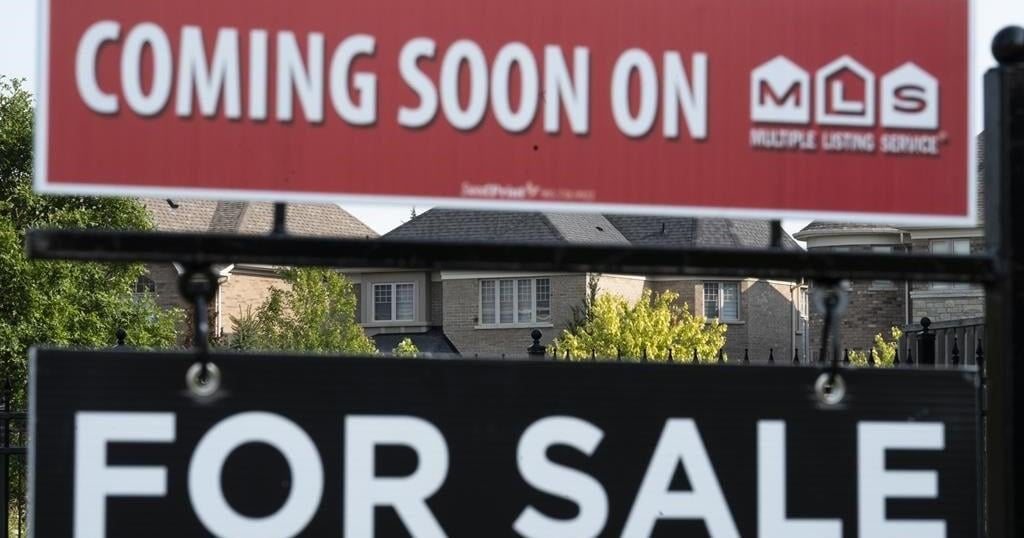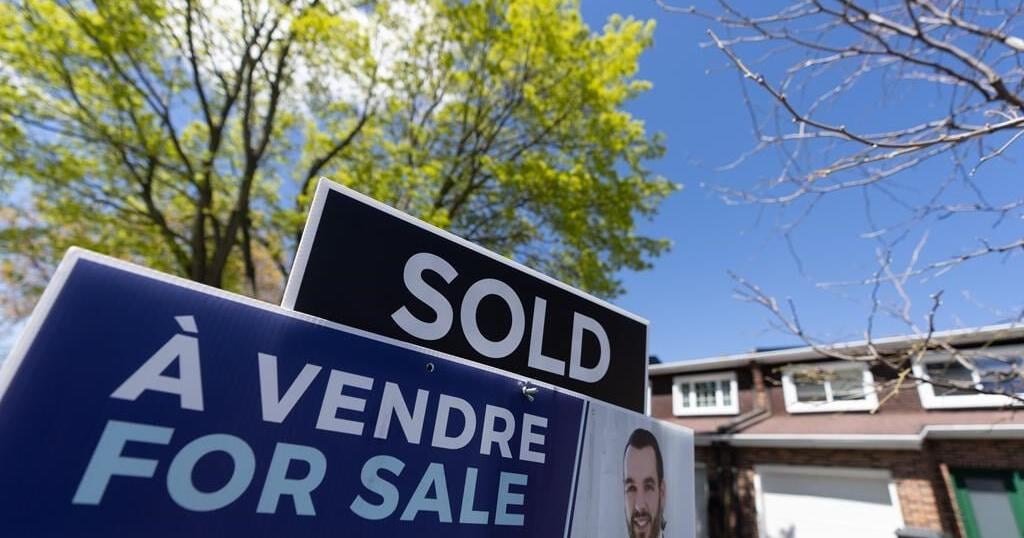Failure to file a T1135 can result in harsh penalties, even when the income from the foreign property has been reported
If you own U.S. real estate, whether for personal use or for investment purposes, now may be a good time to ensure that you’re fully compliant with your Canadian tax filing obligations, as it appears that the Canada Revenue Agency may soon be doing some mass sleuthing of publicly-available U.S. property records.
In a Request for Information (RFI) posted online on June 25 entitled “Bulk United States (U.S.) Real Property Data (re Canadian residents),” the CRA announced that it is looking for a provider to supply the Agency with U.S. real property data. In the RFI, the government stated that it is specifically looking for “U.S. real estate and real property data where a Canadian resident is the owner or party to the purchase, sale, or transfer. Real estate and property data is required in bulk form in order to identify current and historical records, mortgage transactions, property taxes, real property records, and deeds.”
The RFI goes on to say that the requested information “will enhance the CRA’s ability to administer tax programs, to enforce the various Tax Acts in order to protect Canada’s revenue base, and to support the CRA’s business and research processes.”
While I try to keep on top of Canadian tax developments, I confess that I do not regularly follow new postings on Buy and Sell, the online Public Works and Government Services procurement site. Rather, I was tipped off to the CRA’s novel request by a recent article by Toronto tax lawyer David Rotfleisch.
Rotfleisch, a certified specialist in taxation, told me in an interview that he was “fascinated by the out-of-the-box thinking by CRA…. There’s obviously some very clever people there on a strategic basis.” Rotfleisch acknowledged that the CRA has, in the past, launched a variety of real estate audit projects, such as going to condo developers and to registry offices to seek out information. “But to expand it to the U.S. is brilliant and really innovative,” Rotfleisch told me. “I am really impressed by whoever at CRA came up with this…. Really, hats off to them.”
In the RFI, it was stated that the CRA would be carrying out a tax review of six years of U.S. real estate transactions in order to find any tax non-compliance by Canadian taxpayers.
In his article, Rotfleisch warns that Canadians who are non-compliant could potentially be reassessed by the CRA as a result of the info it seeks to obtain, and be hit with substantial tax, penalties and interest, as well as face professional and legal fees required to respond and object to such a tax audit. He also warns of the possibility of prosecution for tax fraud or tax evasion.
Let’s review a few areas that may be on the CRA’s radar for review, should it be successful in obtaining bulk U.S. property records.
Unreported foreign property
Regular readers of this column will no doubt be well aware of the requirement to file CRA Form T1135 to report foreign property with a cost of more than $100,000 at any point in the year. While foreign property for this purpose does not include personal use property, meaning that you don’t have to report your Florida condo if it’s solely used as a vacation home and isn’t rented out, if you own foreign commercial property or a rental property, then the details of that property must be reported on the form.
Failure to file the T1135 can result in harsh penalties that can be assessed by the CRA, even when all the income from the foreign property has been reported. The penalty is $25 for each day the form is late, up to a maximum of $2,500 per tax year, plus non-deductible arrears interest.
You may recall a 2018 T1135 case involving a taxpayer who moved to Canada with her husband and three children. She and her husband jointly own a rental property in Michigan, which was their former family home prior to the move. Because of the value of their co-owned home, they were both required to file T1135s. Her husband was aware of this and filed his T1135 with his tax returns for the years in question. He included the rental income from the property on his tax returns.
The taxpayer, however, had no taxable income in 2011 and 2012 and she was therefore not obligated to file tax returns. The taxpayer, therefore, logically, but incorrectly, believed the T1135 filing requirement did not apply to her. In 2014, the taxpayer decided to file tax returns for 2011, 2012 and 2013 to claim child benefits for her kids. Along with her returns, she filed the T1135 form for each year.
CRA confirmed no tax was owing but assessed late-filing penalties of $2,500 for each late T1135, plus arrears interest, for a total of $5,541.
The taxpayer twice applied for relief, but was denied by the CRA and took the matter to Federal Court, where a judge concluded that the CRA’s decision not to grant full relief for the 2011 tax year was “unreasonable,” sending the matter back to the CRA for reconsideration by a different officer.
Unreported U.S. rental income
Canadian resident taxpayers are required to report, and pay tax on, their worldwide income, which includes foreign rental income. Generally speaking, a foreign tax credit is available to ensure that such rental income, which may also be taxable in the other jurisdiction, is not taxed twice.
If you own a U.S. condo or vacation home and regularly rent it out, then you have an obligation to report that rental income on your Canadian tax return. Failure to do so means you could be reassessed, and subject to tax, penalties and interest levied by the CRA, even if you paid U.S. taxes on such income.
Unreported U.S. real estate sales
Finally, the CRA will likely be looking into sales of U.S. residential properties owned by Canadian taxpayers to ensure any capital gain is being reported on your Canadian return. Again, while a foreign tax credit is generally available for any U.S. capital gains tax paid, foreign exchange movements in recent years may mean some extra Canadian tax. For example, if you bought your Florida condo for US$100,000 in 2012 when the U.S. dollar was at par with the Canadian dollar, but you sold it in 2019 for the same amount when the foreign exchange rate was 1.33, you could have no gain for U.S. tax purposes, but a $33,000 gain to report in Canada, with no offsetting foreign tax credit.
Jamie.Golombek@cibc.com
Jamie Golombek, CPA, CA, CFP, CLU, TEP is the Managing Director, Tax & Estate Planning with CIBC Private Wealth Management in Toronto.

























